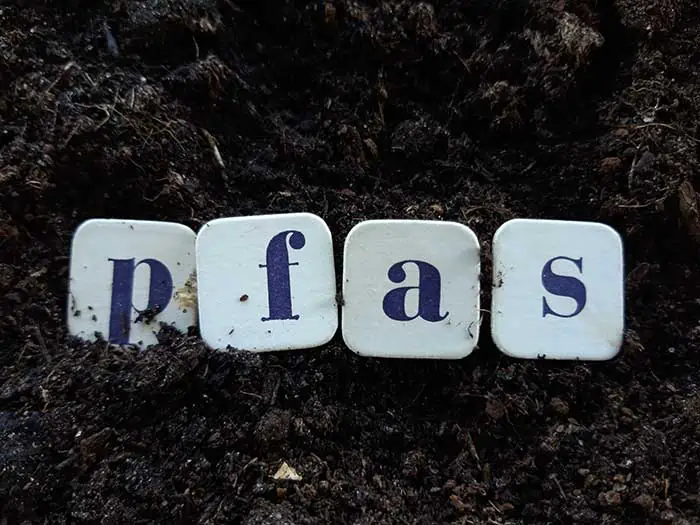


From the USEPA to headlines in the media, coverage of PFAS moving from wastewater to drinking water is a major concern. Furthermore, there are growing concerns about how much PFAS is in by-products that are recycled or reused from waste products. Topping that list is fertilizer.
Retail fertilizer products made from at least 50% biosolids commonly sold to the general public and used in farming contain PFAS, which could get into crops and stock, eating those crops. The Environmental Protection departments in some states are beginning to consider or pass state-level specific regulations on the content of PFAS in biosolids.
The December 2022 USEPA memo to states (pages 4-5) made these recommendations on biosolids as follows:
Tony Kollasch, an environmental consultant specializing in remediation, tells us to use precaution and learn more about what plans are underway in your state. In his Wisconsin Agri-Business article, BIOSOLIDS and PFAS – NUTRIENTS with a SIDE OF CONCERN, he walks readers through the most recent reports and studies using plain language.
The issues and questions that come up are solvable. There are treatments for removing PFAS, and as an environmental engineering and consulting firm, we solve these types of challenges. We encourage the safe use of by-products and urge you to learn more about specific products by joining associations where you can educate yourself – it’s good for business and for understanding pending regulations that may impact your operations. It will help you run your business sustainably by making sound decisions based on human health, the environment, and economic demand.
Additional Resources: